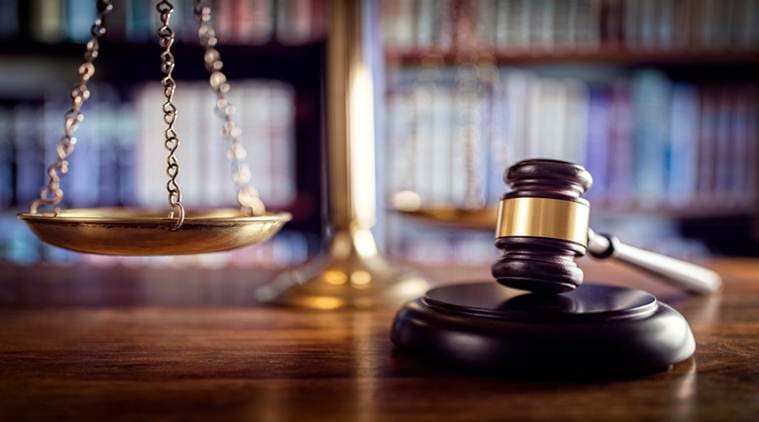 Delhi fast track courts acquit, discharge AAP MLAs in 19 of 22 cases
Delhi fast track courts acquit, discharge AAP MLAs in 19 of 22 cases
WHILE DIRECTING the Juvenile Justice Board to make a fresh assessment that whether the accused in the murder case of a student of a prominent Gurgaon school has to be treated as an adult or juvenile, the Punjab and Haryana High Court has said the Central Bureau of Investigation (CBI) does not have an infrastructure to conduct investigation in such cases, where the accused is minor in age.
The observation was made by Justice Daya Chaudhary in the judgment copy released on Monday. The CBI had earlier admitted before the Board and the court of Additional Sessions Judge that it does not have officers who are specially trained to undertake investigation involving children, the single bench has noted in the judgment.
“Meaning thereby, it is clear that the Central Bureau of Investigation does not have such an infrastructure to conduct the investigation for reaching to its logical conclusion keeping in view the special provisions of the {Juvenile Justice} Act {2015}. All these grounds were mentioned before the Appellate Authority but were not taken into consideration,” the judgment reads.
The judgment on the revision plea against Board’s decision to treat the accused as adult during the trial had been pronounced on October 11. A Class II student had been found with throat slit inside a washroom of the school on September 8, 2017. The Haryana police had earlier arrested a bus conductor but the CBI later arrested the class XI student.
“The case is remanded back to the Board for afresh consideration after assessing the intelligency, maturity, physical fitness as to how the juvenile in conflict with law was in a position to know the consequences of the offence. The necessary exercise be done within a period of six weeks from the date of receipt of certified copy of the order,” Justice Chaudhary has ordered, adding the opinion of a psychologist of the government hospital also needs to be obtained during the preliminary assessment.
The decision to order a fresh decision on the issue has been made by the single bench due to non-compliance of the provisions of Juvenile Justice Act by the Board as well as court of Additional Sessions Judge, according to the judgment.
The counsel representing the accused had argued that the documents relied upon by the Board for a decision on the mental and physical capacity of the 16-year-old had not been provided to them and it is violative of the principles of natural justice as no opportunity to rebut the reports was given to them .
The single bench in the judgment has said, “No list of witnesses and documents were supplied to the petitioner or his parents or guardian, which itself shows that the Board as well as the Appellate Court have decided the case without any application of mind and contrary to the provisions of the Act and the Rules framed there under.”
Stating it was mandatory for the Board to assess the accused’s mental capacity to commit such a crime and also his ability to understand the consequences, Justice Chaudhary has mentioned that it is clear that the clinical psychologist himself had suggested that there was a need to send the juvenile to the Institute of Mental Health at Rohtak for further assessment.
“However, it has completely been ignored by the Board and the assessment is based on inappropriate tests, namely, coloured Progressive Matrices (CPM) and Malin’s Intelligence Scale for India Children (MISIC) meant for children between the ages of 5-11½ and 5-15 has been taken as the basis for the determination of the mental capacity of a child of 16½ years,” the judgement reads.
According to the judgment, the test of the accused, when he was more than 16 years and 9 months of age, had revealed that his IQ is 95. The single bench in the order has said said that when the test in question was meant for the age of children below 15 years, the result showing IQ of 95 would “obviously translate to a mental age of much less than 15 years in any case.”
“An IQ of 95 at the age 16.75 would necessarily translate to 15.67 years … This means that the petitioner-child has been determined to have a mental age of less than 16 years as per the report of so called expert. Even as per said report, the petitioner had to be necessarily treated to be below 16 years,” the single bench has explained in the judgment.
The CBI, in its defence, had said the documents or reports were not supplied to the accused due to the confidentiality factor in the case. However, the single bench in the judgment has said that the confidentiality part is only for the protection of the privacy of child but from a third party.